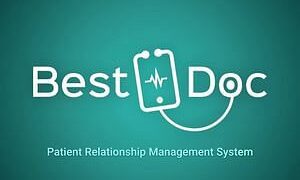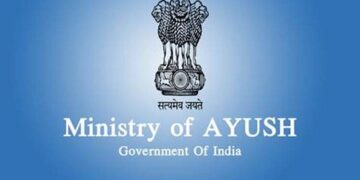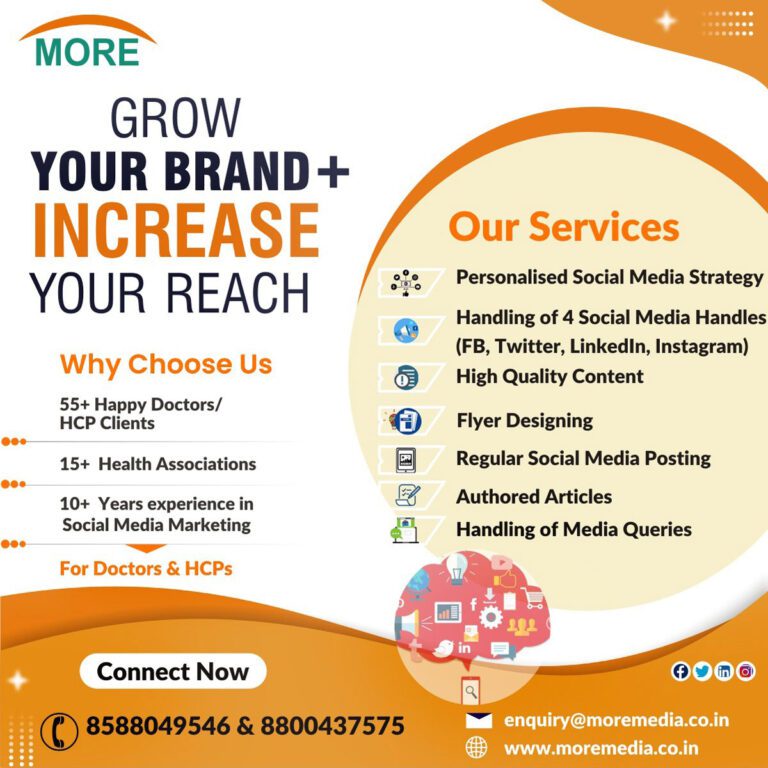By Health In Five Writer
Global consultants for digital transformation, MSRvantage to provide secure, efficient and seamless systems for organizations in the healthcare segment through technologies like IoT and Blockchain. Technology adoption in the field of healthcare and life sciences has streamed ahead by leaps and bounds. The Life-science and healthcare sector generates and operates with enormous data every day- like clinical trials, patient safety, drug supply chain, inventory management, recall management, etc. Therefore, the life-science sectors face an urgent need to progress technologically in order to keep pace with the fast-growing demands and provide innovative outcomes to the patients. It was crucial for the life science companies to think beyond their core capabilities and prepare themselves for the next generation of the supply chain and the same has been possible because of blockchain technology.

The recent COVID-19 pandemic has drastically impacted the healthcare sector supply chain. The lack of visibility across the supply chain has delayed the flow of information across the network about inventory, dispatch, and known market feedback of essential drugs. All the mentioned challenges have collectively given rise to the importance of protecting and enhancing the life science supply chains, in order to prepare them to be flexible enough to support a sudden surge in production to match the ongoing demands. All the crucial supply chain challenges can be managed through the use of next-gen technologies- like blockchain, to gain enhanced visibility and traceability so that the products or drugs can timely reach the end-users without any demand-supply gap. Using the Internet of Things (IoT), blockchain, etc. the manufacturers can gain better visibility into their supply chains. Therefore, aiding them to make vital business decisions. In addition, platforms like IoT and blockchain help life science sectors eliminate counterfeiting by entrusting clients’ customers and engaging their retailers efficiently.
It should come as no surprise that the most common blockchain healthcare application at the moment is safeguarding our sensitive medical data. Security is a major issue in the healthcare industry. Between 2009 and 2017, security flaws exposed more than 176 million patient records. There has been a rise in the size and frequency of healthcare data breaches over the previous five years, with the most serious breaches affecting up to 80 million people. Sensitive information, including personally identifying information like credit card numbers, is commonly exposed in healthcare data breaches.
Balaji Kandregula, Vice President, MSRvantage, said, “Blockchain has the potential to maximise security and accessibility in the healthcare sector. Blockchain is a technology that is ideal for security applications because it has the capacity to maintain an unalterable, decentralised, and transparent log of all patient data. In addition, blockchain is both public and private, hiding any person's identity using complex and secure protocols that can safeguard the sensitivity of medical data. The technology's decentralized design also makes it possible for patients, doctors, and other healthcare professionals to securely and swiftly exchange the same information.”
Follow Health In Five on LinkedIn, Facebook, Twitter & Instagram
Subscribe on WhatsApp & Telegram to receive real time updates






































